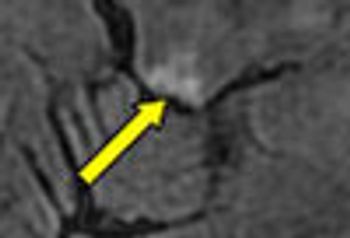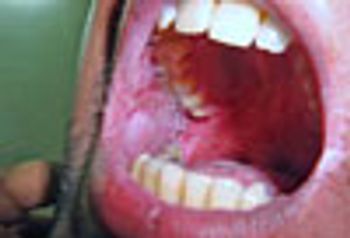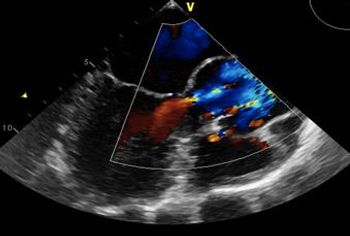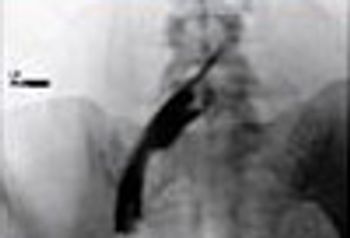
Breakdowns in the clinical encounter were related to history taking, physical examination, and ordering of diagnostic tests and

Breakdowns in the clinical encounter were related to history taking, physical examination, and ordering of diagnostic tests and

A recent meta-analysis of beta-blocker use in patients with HF found that the drugs conferred no reduction in rates of mortality or hospitalization among patients with comorbid AF.

FDA Rejects ACS Indication for Rivaroxaban for the second time.

Does this look like melanoma? Which is not true of Löfgren syndrome? Yoga and Afib; what cause of mental confusion? Skin lesions and HIV.. . . See if you can answer this week's quiz questions.

Patients with documented atrial fibrillation given intensive yoga instruction had a reduction in symptomatic and asymptomatic AF episodes.

Atrial fibrillation can do a great deal of damage. This is a reality that those who regularly drink more than moderately need to be made aware of.

Something new to worry about: this study shows that atrial fibrillation is independently associated with increased risk of dementia.

Flavonoid-rich berries; what cause of cerebral infarct; genital lesions; drowsy child; oral lesions. . . . can you answer the 5 quiz questions?

PFO can be detected in 10% to 15% of the population by transthoracic echocardiogram. Autopsy studies show a prevalence of PFO of approximately 26%.

Here: the story of how cocaine was discovered by the Europeans and Americans, how it affected two giants of medicine-and how it played a key role in Detroit's economy and in the formation of what was once one of the world's biggest pharmaceutical companies.

Newly diagnosed hypertension in a patient whose blood pressure is 152/94 mm Hg. What agents will you consider for this patient? Beta-blockers? Think again.

Platelet function monitoring and adjustment of treatment based on results after coronary stenting does not improve clinical outcomes . . . and other findings from the AHA Scientific Sessions.

The authors present a case of rupture of the rectus abdominis muscle with subsequent rectus sheath hematoma-an uncommon and often misdiagnosed cause of acute abdominal pain.

A new analysis of data from a large international registry finds that use of beta-blockers in patients with and without a history of coronary artery disease does not reduce cardiovascular events.

Deep venous thrombosis as a complication of leiomyoma uteri is rare and only a few cases have been reported to date.

Persons with primary hyperaldosteronism and hypertension are at significantly increased risk for cardiovascular morbidity and mortality. But if these patients are treated with spironolactone and reach target blood pressure, their CV outcomes are the same as those of others with essential hypertension after 6.5 years of follow-up.

The key diagnostic considerations hypokalemia, periodic paralysis, and ischemia should lead the assessment of a patient with acute generalized weakness.

A 22-year follow-up of the SHEP study cohort showed that each month of active treatment with chlorthalidone was associated with a 1-day extension of life.

Novel anticoagulants (dabigatran, rivaroxaban, apixaban) are gaining wide acceptance over warfarin, for their simplicity of use and proven efficacy.

The 2012 ADA/EASD Position Statement prescribes patient-centered care for type 2 diabetes management using lifestyle change, metformin, DPP-4Is, GLP-1 RAs.

The European Society of Cardiology just weighed in on the 3 new alternatives to warfarin for oral anticoagulation. The response is tempered enthusiasm.

Also known as “broken-heart syndrome,” Takotsubo syndrome is a stress-induced cardiomyopathy.


The Los Angeles county coroner’s office recently ruled that singer Whitney Houston drowned in her hotel bathtub but that other factors contributed to her demise. Did the 48-year-old have preexisting cardiovascular disease? Did cocaine abuse trigger a deadly cardiac event? Drs Payal Kohli and Christopher Cannon put the autopsy results and the pop star’s final moments in context.

What newer options are available to lower blood pressure in resistant hypertension? What about renal sympathetic denervation?